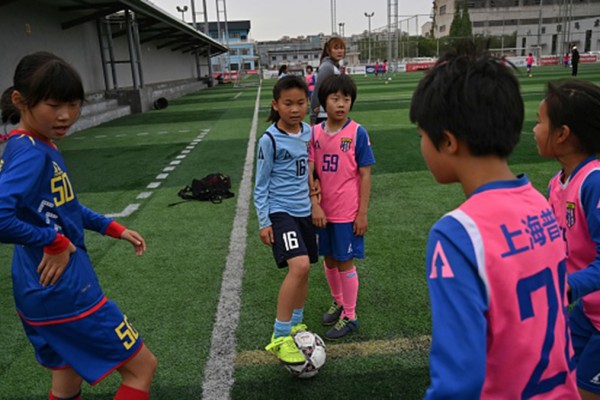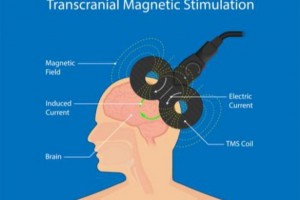Girls benefit from doing sports
Girls - but not boys - who participate actively in school sports activities in middle childhood show improved behaviour and attentiveness in early adolescence, suggests a new Canadian study published in Preventative Medicine.
Girls - but not boys - who participate actively in school sports activities in middle childhood show improved behaviour and attentiveness in early adolescence, suggests a new Canadian study published in Preventative Medicine.
"Girls who do regular extracurricular sports between ages 6 and 10 show fewer symptoms of attention-deficit/hyperactivity disorder (ADHD) at age 12, compared to girls who seldom do," said Linda Pagani, a professor at Université de Montréal's School of Psychoeducation.
"Surprisingly, however, boys do not appear to gain any behavioural benefit from sustained involvement in sports during middle childhood," said Pagani, who led the study co-authored by her students Marie-Josée Harbec and Geneviève Fortin and McGill University associate medical professor Tracie Barnett.
As the team prepared their research, "it was unclear to what extent organized physical activity is beneficial for children with ADHD symptoms," recalled Pagani.
"Past studies have varied widely in quality, thus blurring the true association between sport and behavioural development." She added: "On top of that, "past research has not acknowledged that boys and girls are different in how they present ADHD symptoms."
Why do girls with ADHD benefit from sports, but not boys?
"In childhood, boys with ADHD are more impulsive and more motor-skilled than girls -- as a result, boys are more likely to receive medication for their ADHD, so faster diagnosis and treatment for boys in middle childhood could diminish the detectable benefits of sport," Pagani said. "They might be there; they're just harder to tease out."
"In girls, on the other hand, ADHD is more likely to go undetected -- and girls' difficulties may be even more tolerated at home and in school. Parents of boys, by contrast, might be more inclined to enroll them in sports and other physical activities to help them."
She added: "We know that sporting activities have other numerous benefits for mental health of all children. However, for reducing ADHD symptoms, middle childhood sports in elementary school seem more noteworthy for girls."
That's why structured extracurricular activities that demand physical skill and effort under the supervision of a coach or instructor could be valuable to any official policy aimed at promoting behavioral development, the UdeM researchers maintain.
Concluded Pagani: "Sports activities in early childhood can help girls develop essential social skills that will be useful later and ultimately play a key role in their personal, financial and economic success."
About this study
"Childhood exercise as medicine: extracurricular sport diminishes subsequent ADHD symptoms," by Linda Pagani et al, with the help of Frédéric Nault-Brière, was published September 29, 2020 in Preventive Medicine.
The work was supported by the Social Sciences and Humanties Research Council of Canada and other funders, including the Fondation Lucie et André Chagnon.





Related Posts